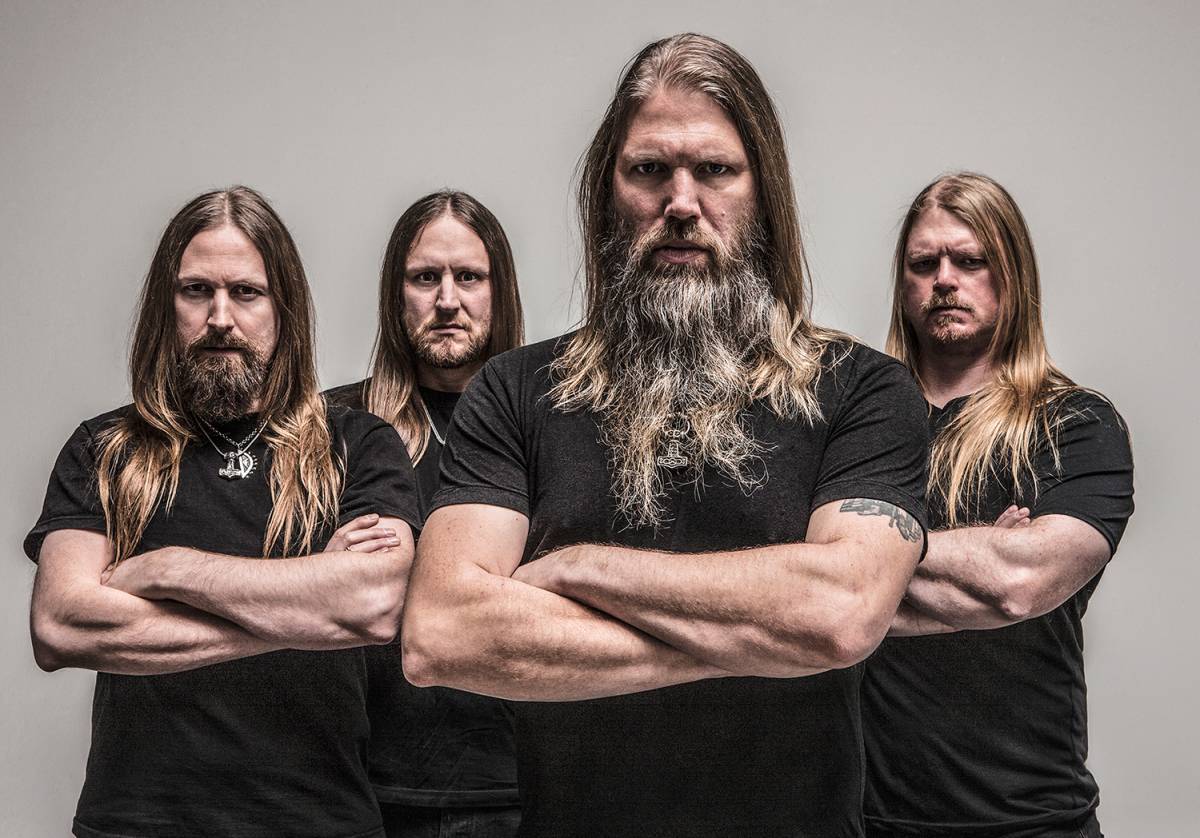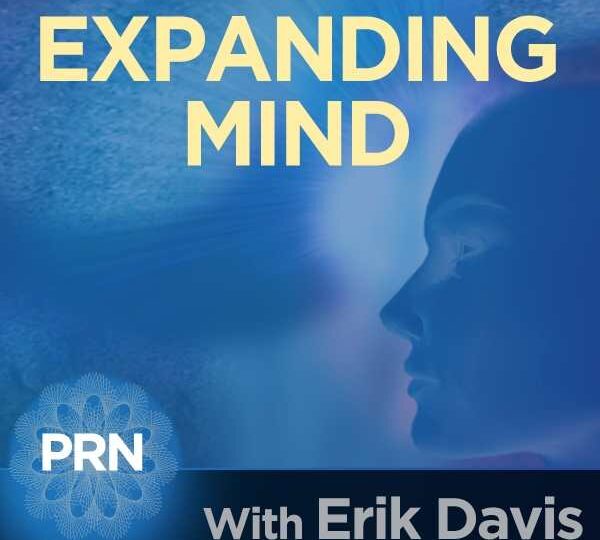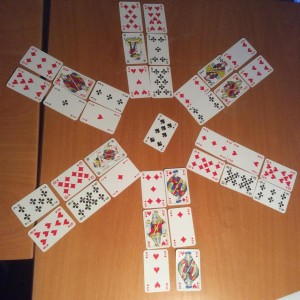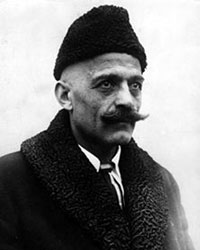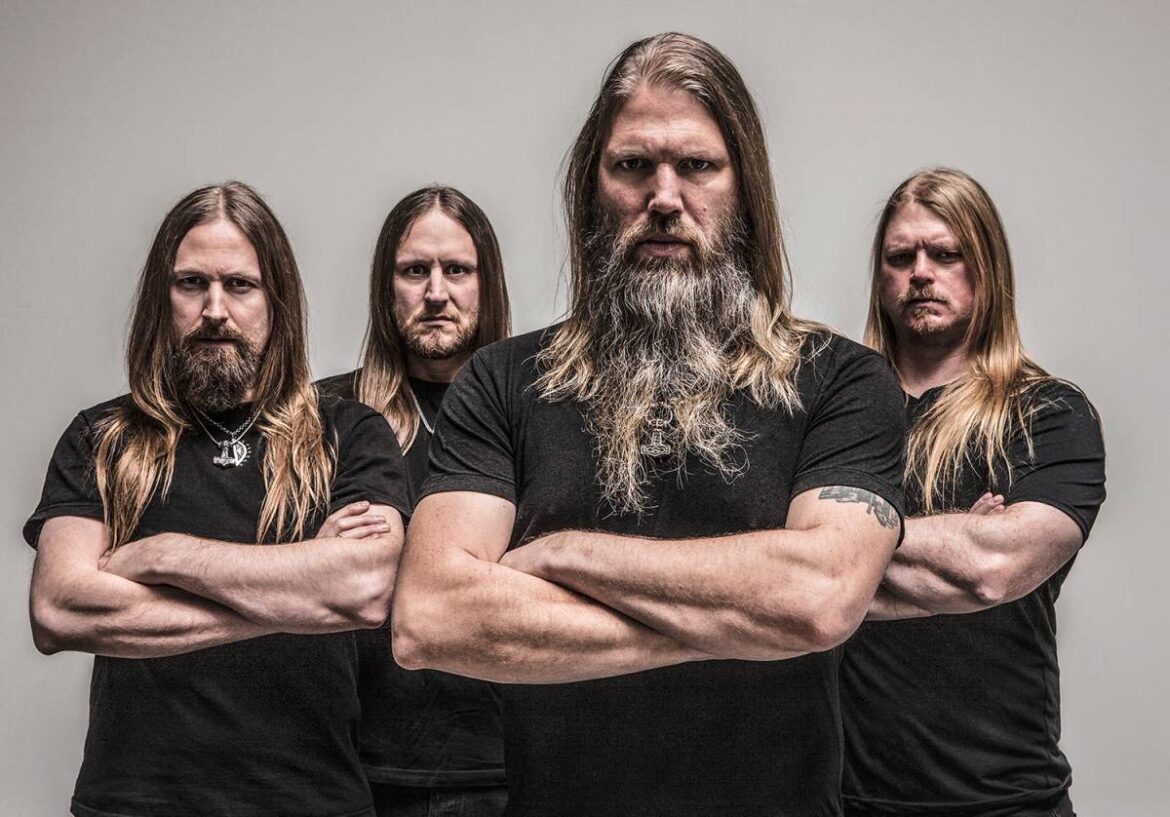
Viking Metal’s Rules
I wrote about Amon Amarth already here a bit ago, and I feel a bit silly about launching into yet another paean to my favorite Swedish Viking metal band of all time, but I just caught them at Slim’s a couple nights ago and I can’t help myself.
The show was as rollicking as a pile of punch-drunk trolls, and I enjoyed every moment of it–the uncouth companions, the beer sprayed on my face, the steady, whip-like sting of a nearby headbanger’s long hair. It reminded me, once again, and in a way I am always happy to be reminded of once again, just how powerful and pleasurable a good rock show can be, its routines and idiocies restorative, even transformative.
Over the course of almost two hours, Amon Amarth delivered about everything I’d ever want from a metal gig: power, humor, seemingly earnest invocations of dead gods, drinking horns, stage patter about death, moments of chaotic transcendence and the faint worry that I am corrupting my eternal soul. The band plays melodic death metal, and the grooves were crunchy, the leads lyrical, the tone earnest and playful.
Lead singer Johan Hegg looks like a Viking, but the friendly sort who passes you his battle-ax when you’ve buried yours in a foe. He growls but smiles at the crowd. Often, but not too often, Hegg, the two guitarists, and the Lurch-like character on bass all launch into a bout of synchronized hair-twirling, which is much funnier than anything I’ve seen on Metalocalypse, and that’s saying something. My friend Mark Pilkington, in from London and equally overjoyed at the show, compared the spectacle to a car wash.
Amon Amarth are not “underground;” they are a very professional outfit, with a big fancy tour bus and lots of canny moves, like knowing what city they are in, like recording their records with tremendous clarity and punch along with the compression, like wearing their own t-shirts onstage. Most enjoyably pro was the genuine sense I got that these guys were really having a good time playing the same damn riffs over and over, night after night. They made the evening seem special, like the crowd was unusually crazy or ferocious or, I dunno, Viking-like.
It was all schtick, sure, but what does that mean? Hegg was either genuinely enjoying himself, or he was reaching down into the depths of his professional, tour-bus being to give the crowd more than what it wanted or needed to get off. So he was either inspired or deeply generous, and either one feels good.
After all, despite the devil horns and the brutal sounds, this is not a music without values. Like many in the crowd, Hegg wore the hammer of Thor around his neck, and the heathenism that underlay the songs about Oden and Hermod deepened the D&D into something, well, honorable. He sang about dying in battle, and accepting it, and then he talked about the drummer of the Polish band Decapitated, who died in a tour bus accident just before the band was supposed to join Amon Amarth on tour. When Hegg told this story, his Cookie Monster growl rose into an almost normal speaking voice, which cancelled out the almost parodic quality of the dedication. He gave us a very human glimpse through the mask, a sober acknowledgement that the imagination and the flesh are not one, but that you get to the one through the other, and that it goes both ways.
